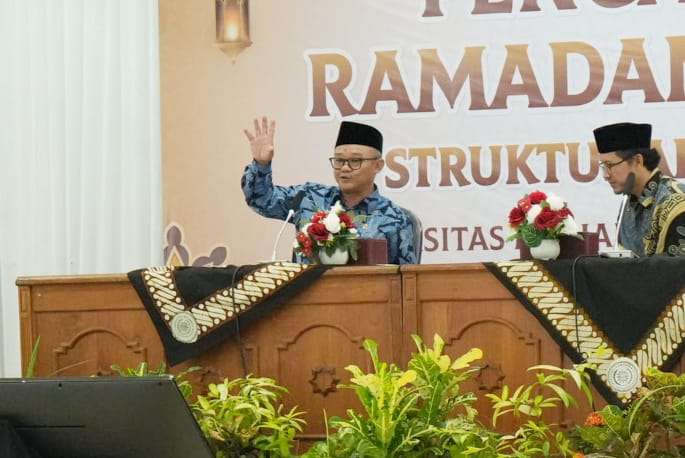MUHAMMADIYAH.OR.ID, BANTUL – Minister of Primary and Secondary Education Abdul Mu’ti highlighted the central role of knowledge in Islam, emphasizing that the Quran extensively discusses the importance of learning and the ethical responsibilities of those who seek knowledge.
“When we read the Quran, we find many references to knowledge, the character of those who possess it, and the ethical values they should uphold,” said Mu’ti in the preaching at Universitas Muhammadiyah Yogyakarta (UMY) on Wednesday, March 19.
Mu’ti pointed out that the first revelation received by the Prophet Muhammad was Surah Al-Alaq, which emphasizes the importance of acquiring knowledge. The initial command in the Quran was to read, highlighting the necessity of studying, analyzing, and understanding the world.
Quoting Quraish Shihab, Mu’ti explained that the word iqra (read) in the Quran does not specify an object, meaning its interpretation goes beyond reading written texts. It also includes observing, researching, and understanding various aspects of life.
“Iqra can mean reading the text or reading without reading the text. It involves gathering facts, analyzing them, and connecting them to a broader understanding of life, as reflected in Surah Al-Qiyamah,” said Mu’ti.
Mu’ti stressed that this interpretation of iqra expands the concept of learning in Islam. The Quran encourages believers to reflect on the universe, observe nature, and derive wisdom from their surroundings. This perspective reinforces that gaining knowledge is not just about academic study but also about understanding life itself.







